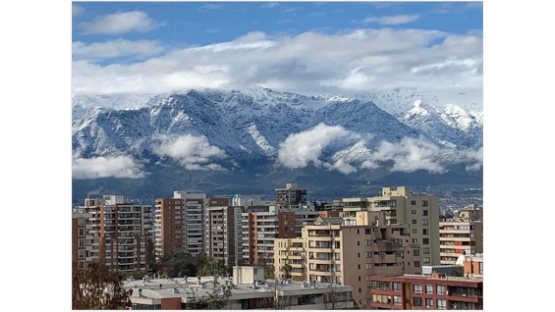On the Edge of Violence...

I don't remember how or when it all began, but I spent many a day and night in my bedroom calculating routes of escape just in case my dad's violence spilled over onto me. Sometimes it was an argument with shouting, then periods of silence and separation. The violence was mainly directed toward my mom and my older brother and rarely, if ever, towards me but I still felt threatened and vulnerable. My brother, who was four years older than me, was not at home for most of the day as he went to school, played sports or worked at the local bowling alley as a pin boy. My father imposed curfews on him and locked the door from the inside while waiting nightly for his arrival. My brother would be confronted verbally and sometimes physically if not home on time. My mother, from what I was told, would defy my father's demands by unlocking the door and /or letting my brother into the house against his orders. This produced an argument.
Meeting Expectations
On one occasion, I heard an argument, went to my parents’ room, and found my dad holding my mother in an arm lock face down on their bed. There was shouting and cries of anguish on behalf of my mother. I approached my dad requesting her release or I would call the police. He released her and I went to my room. That afternoon mother gathered me up and we exited the house walking about a half mile to a cluster of stores. My mother was concerned that my father was OK and she phoned him. Soon after the call we walked back home.
My mother always accused my dad of an external affair(s) and my dad was extremely jealous of my mother's outward expressions of joyous social interaction, particularly at gatherings. My dad used body language and verbally degraded my mother. It seemed that she could never meet his expectations, achieve his high-imposed standards, act appropriately socially, or, according to him, behave in a non-flirtatious manner when with the opposite sex.
I remember feeling threatened at times and having extreme fear even at the point of shivering as if in a cold winter storm. This, I believe, was due to an overload of suppressed emotions caused by active and passive displays of disrespect and violence. I also seemingly portrayed myself as being oblivious to it all, i.e., as if the hostility and conflict was normal. I never felt guilt, or guilty, as if I had nothing to do with the dysfunctionality. Maybe this was because my parents tried to keep me separated from their adult lives.
They don’t think we know what’s going on, but we do!
My parents finally divorced after 25 years but stayed married until my brother and I left home. Holding the family together at all costs seemed to be part of the ‘family code of conduct’ established in the culture of the mid-twentieth century. Fathers were the family guardians and responsible for putting-a-roof-over-the families’ head as they had done throughout history. Women were to honor, respect, and obey their husbands. Children were to respect and do as their parents willed them. To violate this code, as my mother and brother seemed to do, was to justify being corrected or chastised by my father.
We were not the only family, that lived like this. My best friend was often beaten with a leather strap by his father. As a teenager, he swore he would never do that to his sons; later as an adult, he changed his mind to say that it was necessary sometimes.
As a young adult, I dealt with the family’s dysfunctional behavior by having migraines, periods of physical tremors, being socially withdrawn, underdeveloped, and sometimes over emotional, and, at times, by acting out or talking-back.
Here is an important statement from a brochure provided by the United Nations International Children's Emergency Fund, UNICEF, by a nine-year-old girl in the UK: “Our parents fight a lot and we fear they might split up. They fight when we're upstairs. They don't think we know what's going on, but we do.” Domestic violence remains a largely hidden problem that few countries, communities or families openly confront. Violence in the home is not limited by geography, ethnicity, or status; it is a global phenomenon. Domestic violence is a pattern of assaultive and coercive behaviors used by adults or adolescents against current or former intimate partners (an issue that also LGBT people struggle with a lot). It is important to note that domestic violence doesn’t just happen between adults but may involve adolescents too. If you think you, a family member or someone in your community is a victim of domestic violence, have a look at the International Directory of Domestic Violence Agencies which offers a list of abuse help agencies in every country in the world.
For me, it was as the nine-year-old from the UK noted: they don’t think we know what is going on but we do! I have Dyslexia with ADD, Attention Deficit Disorder, which was not known in the 1960’s. It was reflected in my inability to read or spell well. To compound matters, I was also left-handed. All were considered unacceptable and punishable offences. I coped by becoming ambidextrous, read by focusing on every syllable thus increasing my comprehension, and sought help through counseling as a young adult.
Rajmond Perry was born in the late 1940’s and has been married to a younger mutual-gendered partner for seven years. Rajmond is a dual citizen of the EU, Hungary and United States of America, and is currently living as a business owner in Estonia. His education includes a postgraduate degree and background in social sciences /services as well as public relations and marketing, and health sciences (both general medical and mental health). Rajmond has lived and worked in China, South Korea, the United States, and the European Union.










